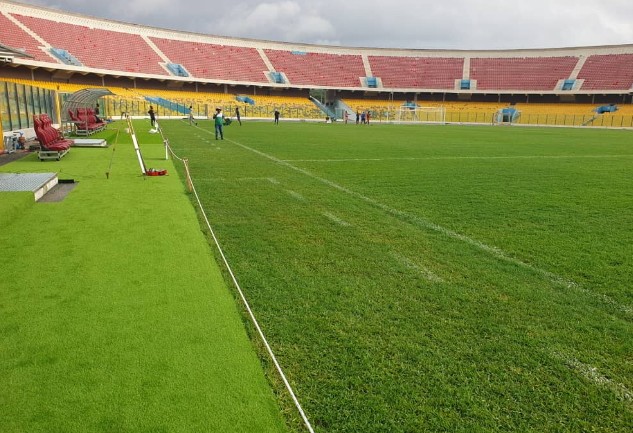Place your adverts here on InfoDig @ low rates; banner ads, sponsored links and guest articles etc. Contact us
A Federal Capital Territory High Court in Abuja has granted former Taraba State governor, Darius Ishaku, bail set at N150 million in connection with an alleged N27 billion fraud case filed by the Economic and Financial Crimes Commission (EFCC).
In his ruling, Justice Sylvanus Oriji ordered that Ishaku provide two sureties in the same amount, with one being a federal government employee at the director level. Both sureties must reside in Abuja, with their addresses verified by the Court Registrar. Additionally, the court barred Ishaku and his co-defendant, Bello Yero, from traveling abroad without the court’s approval.
The EFCC, represented by counsel Rotimi Jacobs (SAN), did not oppose the bail application, citing that Ishaku had previously been granted administrative bail by the agency, which he honored. The court has scheduled the trial to begin on November 4, 5, and 13.
Ishaku, who completed his tenure as governor in 2023 after serving for eight years, faces a 15-count charge from the EFCC. He pleaded not guilty during his arraignment on Monday. The charges, dated September 27, involve him and former Permanent Secretary of the Bureau for Local Government and Chieftaincy Affairs, Bello Yero.
The EFCC alleges that between August 2015 and March 2016, the two officials diverted over N1 billion from contingency funds belonging to the Bureau for Local Government and Chieftaincy Affairs. The duo is also accused of misappropriating additional sums, including N1.1 billion between July 2015 and May 2019, and N761 million to settle a N1 billion loan taken by Worthy Construction Limited.
The charges extend to the diversion of N3.3 billion between July 2019 and February 2021, as well as other amounts diverted between 2019 and 2021. The alleged offenses violate Section 315 of the Penal Code A, Cap 532, Laws of the Federal Capital Territory, and are punishable under the same section.

 3 hours ago
27
3 hours ago
27















 English (US) ·
English (US) ·